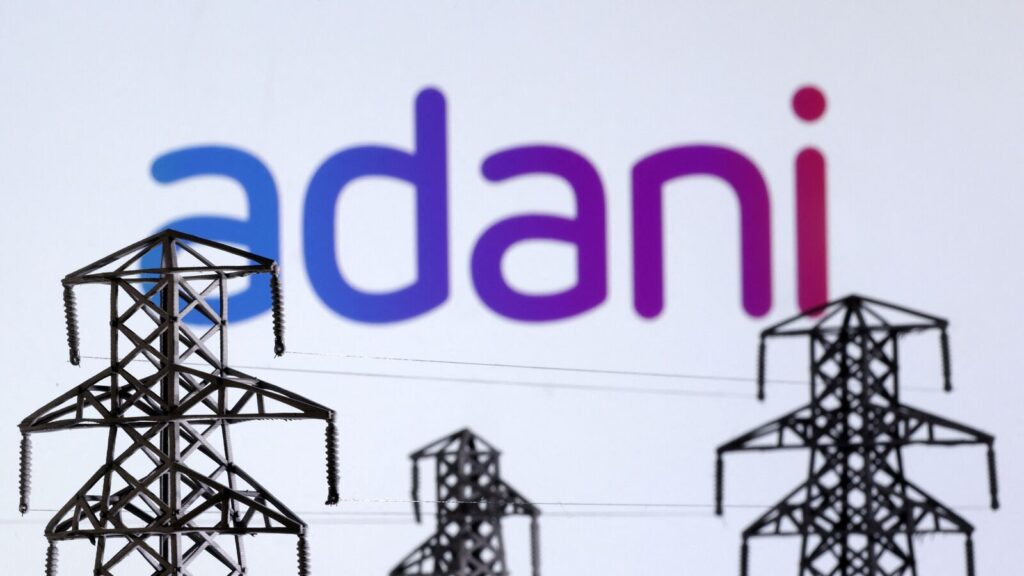Adani cuts 50% electricity supply to Bangladesh: Here’s why

Amid the ongoing power shortage in Bangladesh, Adani Group has reduced cross-border electricity supply to India’s neighbour by half due to some $850 million in unpaid bills.
Dhaka is trying to meet the gap by running other power plants.
“We are trying to meet the gap by running other plants,” Rezaul Karim, chairman of the state-run Bangladesh Power Development Board (BPDB), told AFP on Sunday.
Adani’s coal-fired Godda power plant in Jharkhand — a $2 billion project including transmission lines that was commissioned last year — usually supplies between 7 to 10 per cent of Bangladesh’s baseload power demand of 13 GW.
On Friday, Adani’s Godda plant supplied 724 megawatts, against the installed capacity of 1,496 MW, with Bangladesh facing around 1,680 MW of load shedding.
In September, Adani had warned Bangladesh to settle its bills, which had surged to around $850 million.
The company had said that it is an “unsustainable situation, where we are meeting not only our supply commitments but also those to our lenders and suppliers, despite rising receivables”.
Discussions underway
“We are discussing the issue with them (Adani), and informed them that it is not possible to make the total payment in a single month,” Karim added. “But we are trying to increase the payment size gradually”.
Karim said Bangladesh paid $97 million to Adani in October, which was “higher than the previous three months’s payment”.
Amid the ongoing political crisis, Bangladesh is struggling to find dollars to make the payments.
Its new leaders are focused on the political fallout of a student-led revolution in August that toppled autocratic ex-leader and close Indian ally Sheikh Hasina.
Bangladesh has a population of some 170 million (17 crore) people.
The power demand is usually lower in November, when Bangladesh enters a relatively cooler period after months of blistering heat when consumers rely on energy-hungry air conditioners to keep cool.








